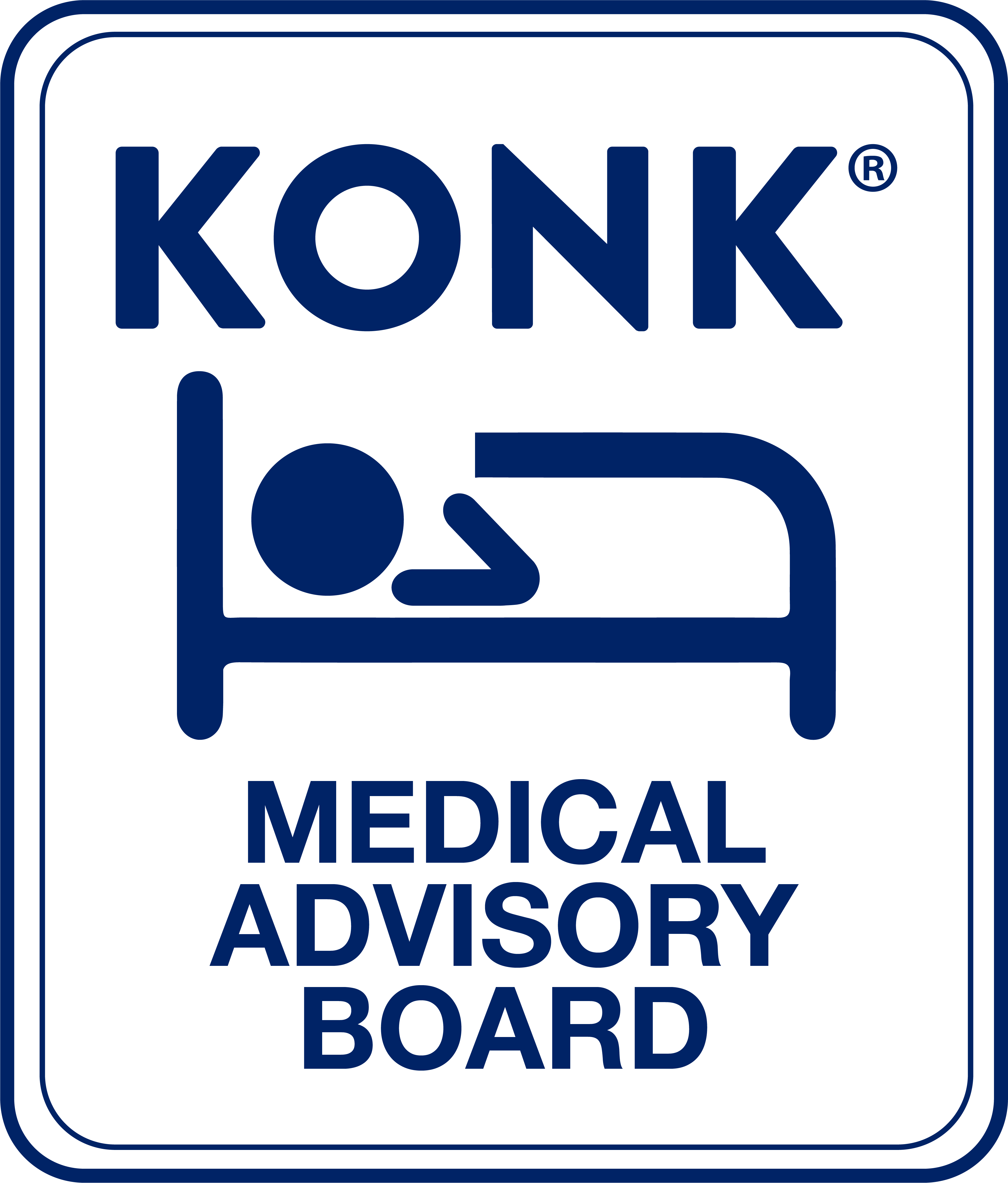Whether you are a specialist or a general practitioner, there is a good chance that the medical problems you treat are themselves useful screening criteria for seemingly unrelated disease conditions that require prompt attention. Perhaps no aspect of clinical medicine correlates with this axiom greater than sleep disorders: the health issues that non-sleep specialists treat are often strong positive indicators of Obstructive Sleep Apnea (OSA) – a condition whose long term impact and associated morbidity is often more serious than the complaint for which the patient arrives. As a result, if we keep our eyes open for conditions associated with sleep disorders, we all have the opportunity to help our patients not just once, but twice.
Consider the high rates of erectile dysfunction and kidney stones found in patients with OSA: A thoughtful urologist who has referral access to a user-friendly sleep service has the opportunity to relieve tremendous suffering in the patients with these diseases – but could also save the life of an undetected sleep apnea patient whose very presence in the urologist’s office may be a sign of the increased mortality risk from heart attacks, stroke and car accidents that arise from OSA. Though sleep apnea is not generally considered the purview of a urologist, there is no reason it could not be – especially if that urologist has the option of referring the patient to a web-based virtual platform that gets the patient treated in days, and almost immediately reduces the risk of potentially fatal disease.
The same goes for a psychiatrist who sees a male over 40 with new onset depression; a gynecologist who sees a fatigued woman in menopause; or a cardiologist who treats atrial fibrillation: They can each help the patients for the issues that bring them to the office, but they could help them again – and just as meaningfully – with a simple referral to an accessible consultation for sleep apnea, which is associated with each of these conditions.
With that in mind, what follows is a list of issues customized for a clinical cardiologist, each of which should prompt the expedient evaluation of the patient for OSA.
Atrial fibrillation (AF). In cardiology clinics, 50% of patients with AF have OSA. If the OSA is not treated, it will be much more difficult to control the AF, as well as reduce the morbidity and mortality associated with this common dysrhythmia.
Myocardial infarction (MI). Once again, about 50% of MI patients who visit a cardiologist also have OSA; that number reaches 60% in those with recurrent MI. A cardiologist who would like to reduce the chance of a patient returning with a new infarct should refer the patient for an OSA evaluation.
Hypertension. More than a third of patients with high blood pressure have OSA, but a cardiologist is likely seeing patients with resistant hypertension: in those patients, the incidence of OSA is between 70-80%, and the hypertension is likely to remain resistant until the OSA is addressed.
Hyperlipidemia. Similar to hypertension, about a third of patients with hyperlipidemia likely have OSA, though hyperlipidemia is usually managed by the patient’s primary care provider. But if the patient is presenting to a cardiologist because of markedly elevated triglycerides, OSA should immediately be suspected and addressed.
Heart failure. Almost half of patients with heart failure have OSA. These patients, however, should be referred to an in-person sleep center, as they will likely require more intense evaluations than virtual and “at home” platforms can provide.
All doctors, particularly specialists, should be cognizant of our tendency to see clinical presentations through the prism of our specialty training. Sleep is such an important pillar of health that all of us should consider its disturbance as a possible “upstream” cause of the medical problems we routinely and expertly handle.
If any of these clinical conditions are commonly present in your practice, it’s worth considering the possibility of Obstructive Sleep Apnea (OSA) as their cause. Untreated OSA can have serious health implications, but the good news is that effective treatments are available. Refer your patients to Konk Sleep to explore their options and take the first step toward better sleep and improved health, all without leaving their homes.

